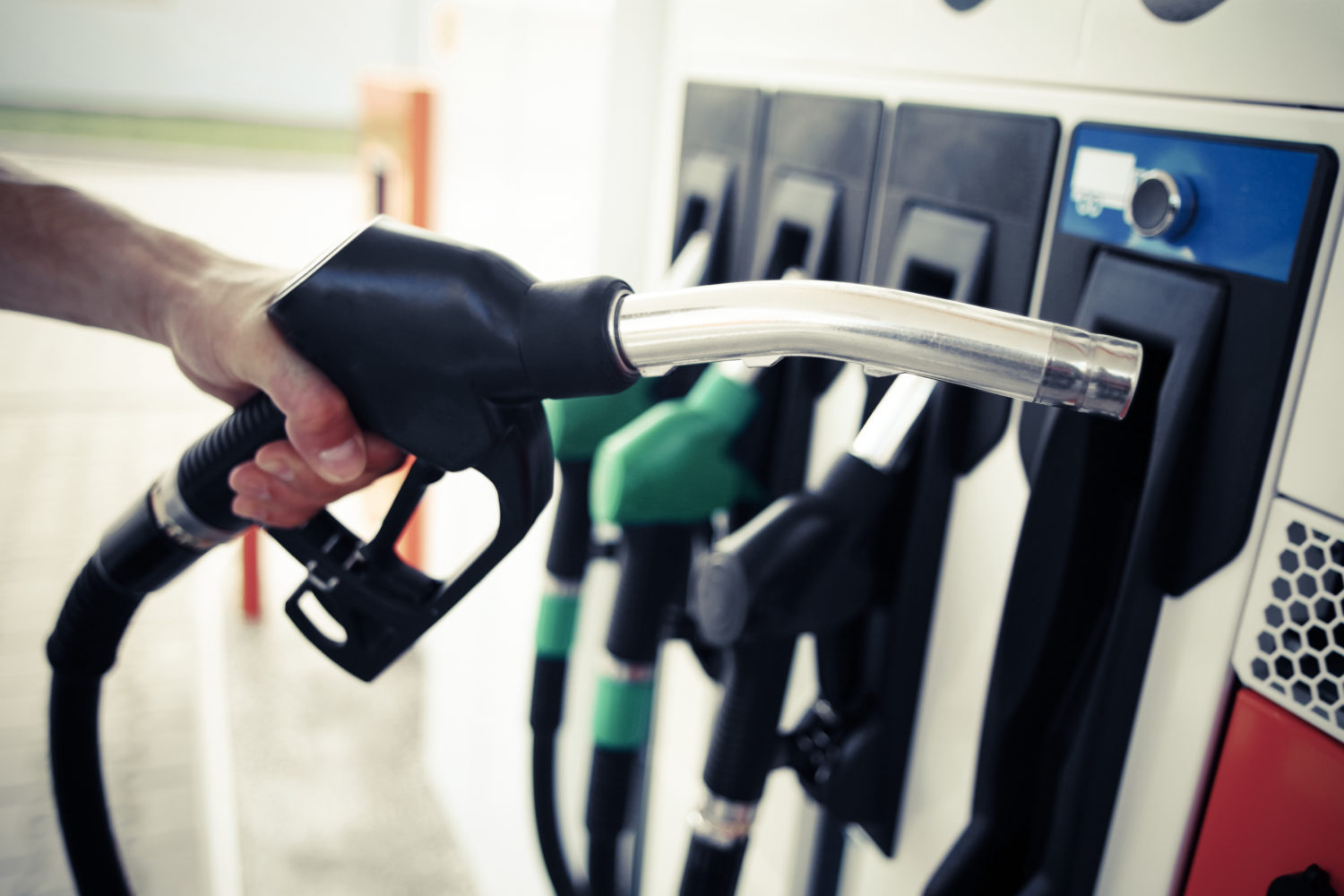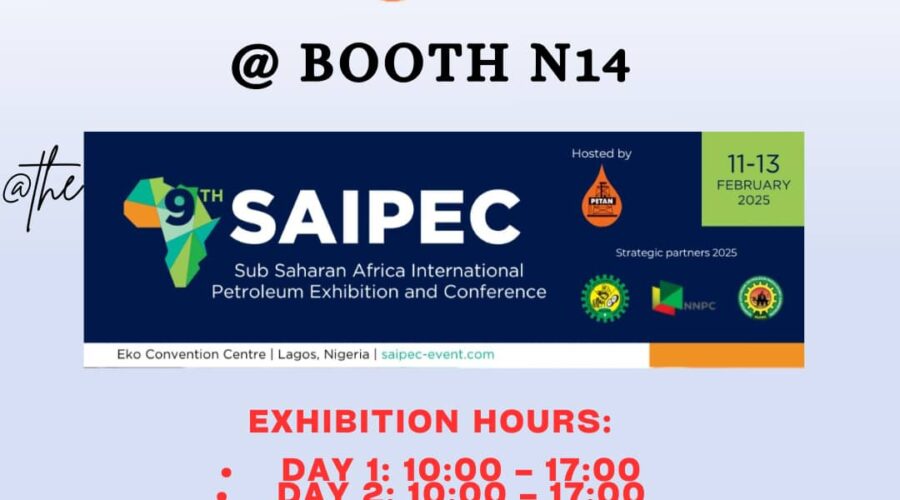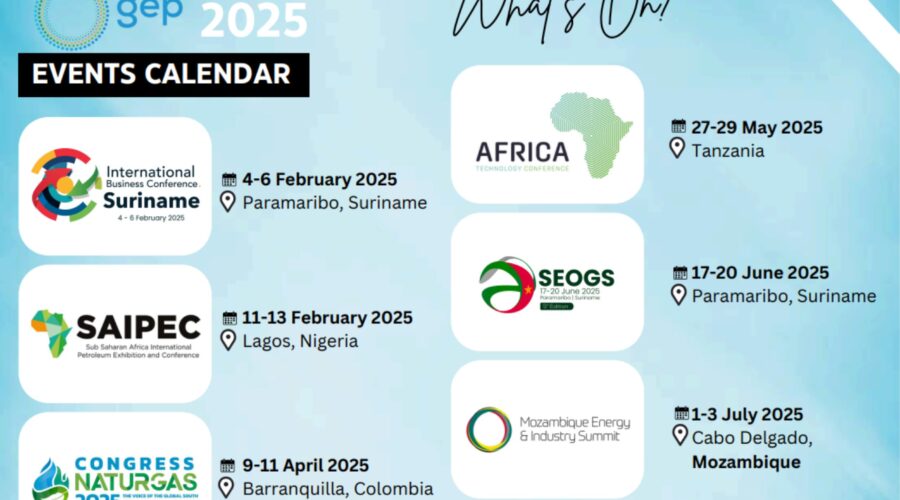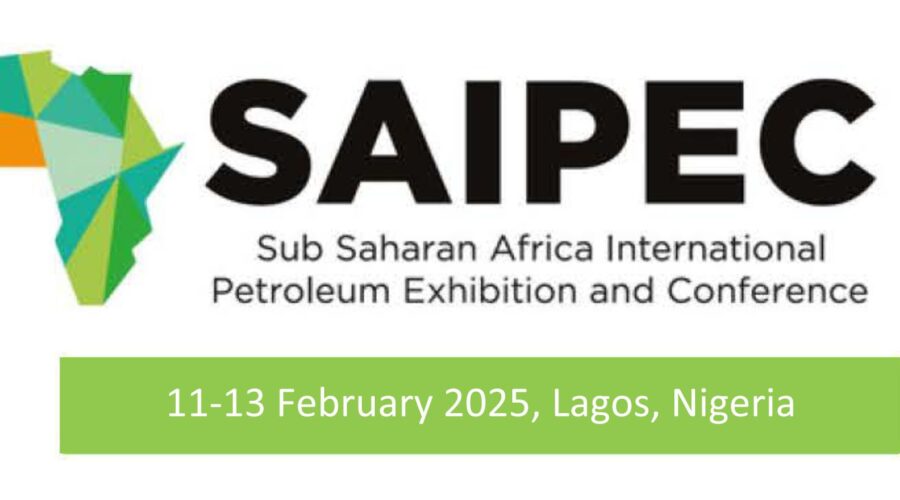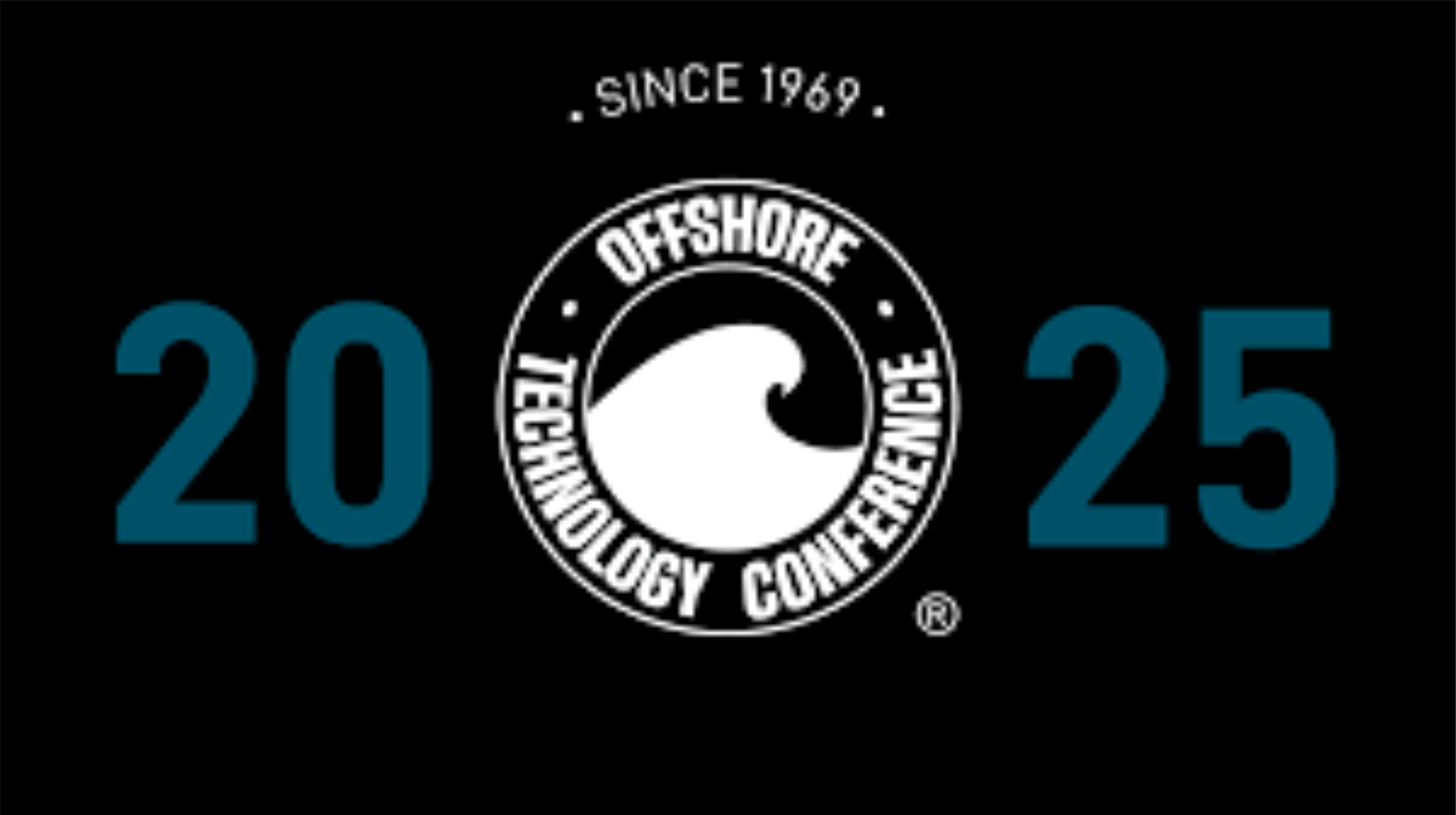Following a meeting with some industry stakeholders on the 11th of May, the Minister of State for Petroleum Resources, Dr Ibe Kachikwu, announced a new price ceiling for petrol of N145 per litre
He noted that the cause of the current scarcity, which has persisted for several months, is the inability of petroleum product importers to source the required foreign exchange at the official rate given the decline in the nation’s foreign reserves.
But, knowing that price ceilings are still set by the government it cannot be concluded that the announcement ushers in full blown deregulation. Price ceilings will be set in tandem with market realities. When crude oil prices rise, the PPPRA’s price ceiling will also be increased and vice versa.
Though the government avoided use of the word ‘deregulation’, likely to avoid resistance from labour unions, the press release notes that independent marketers are now free to source FX from secondary sources for PMS imports with the proviso that the PPPRA template will be accordingly adjusted to reflect the FX cost basis.
Implicit in the new retail pump price, according to the Minister of Petroleum Resources, is a 43% increase in the exchange rate to N285/$.
It was noticed that major marketers posted stellar y/y PBT growth in Q1 2016. Top on this list, Total and Mobil, who currently possess the scale and logistics efficiencies to succeed are likely to continue receiving parental FX support and should lead the list of top gainers from this new price regime in the short to medium term particularly as the Petroleum Support Fund scheme has been terminated.
However, the ongoing construction of a 600k bpd refinery by the Dangote group should occasion a movement away from government price reregulation in the medium to long term, similar to the opening up of telecommunications and power sector.

